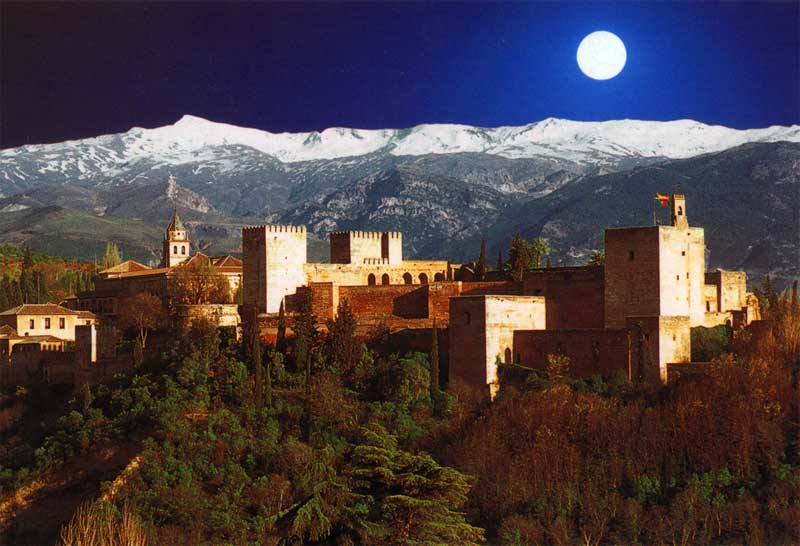We all know the events that are now striking Europe with the e.coli, and the subsequent action taken against Spanish farmers all about the cucumber, o "pepino" as we know it.
I understand that any kind of action must be taken when public health is implied. In the end, we get angry farmers, angry politicians and the threat of legal actions between Spanish and Germany. I hope everything comes to a good end soon.
However, it is more than proved that the e.coli does not come from Spanish cucumber, which are delicious and we strongly recommend its consumption to everyone.
But this is not a blog about food or health, is about language, and all this has made me think of a couple of Spanish expressions using "pepino"
EXPRESIONES CON LA PALABRA PEPINO
¡Y un pepino! This is the best answer to express you do not agree with someone or something. It is very direct and not very polite, but it is not rude. Actually this is the euphemism for: "¡Y una mierda!"
Un pepino Regarding any device, but specially for vehicles (cars or motorcycles) with a great power. But anything you buy which is considered a first class product can be a "pepino". So the typical expresion is: ¡Vaya pepino!
But the funniest of all is that you can also use the expression above to refer to an extemely sexy woman ¡Qué pepino de tía! or man ¡Qué pepino de tío! However, do not expect the listener to be grateful as it doesn't sound very beautiful.
And my last commitment before ending this post, love rather than anger.





